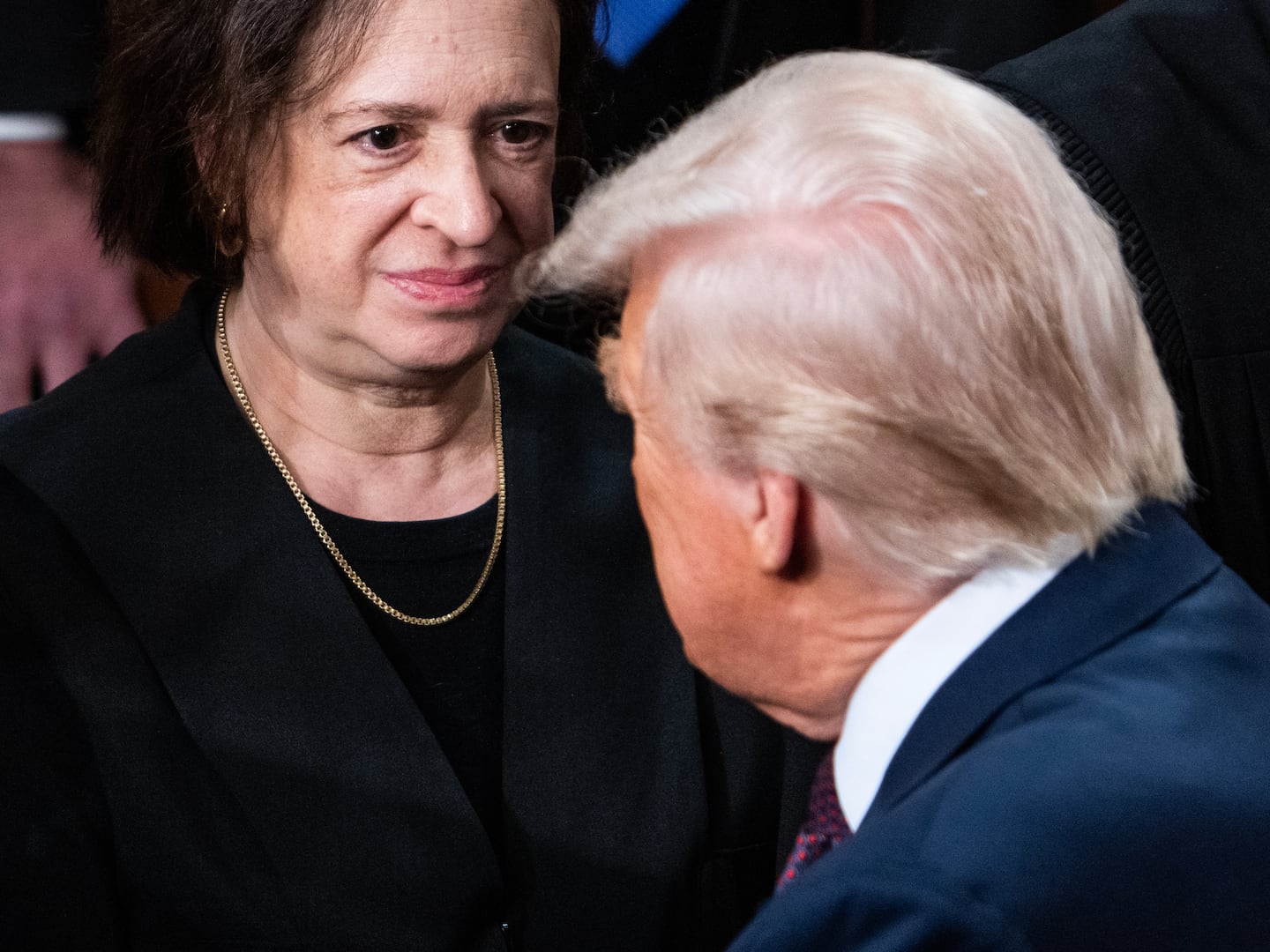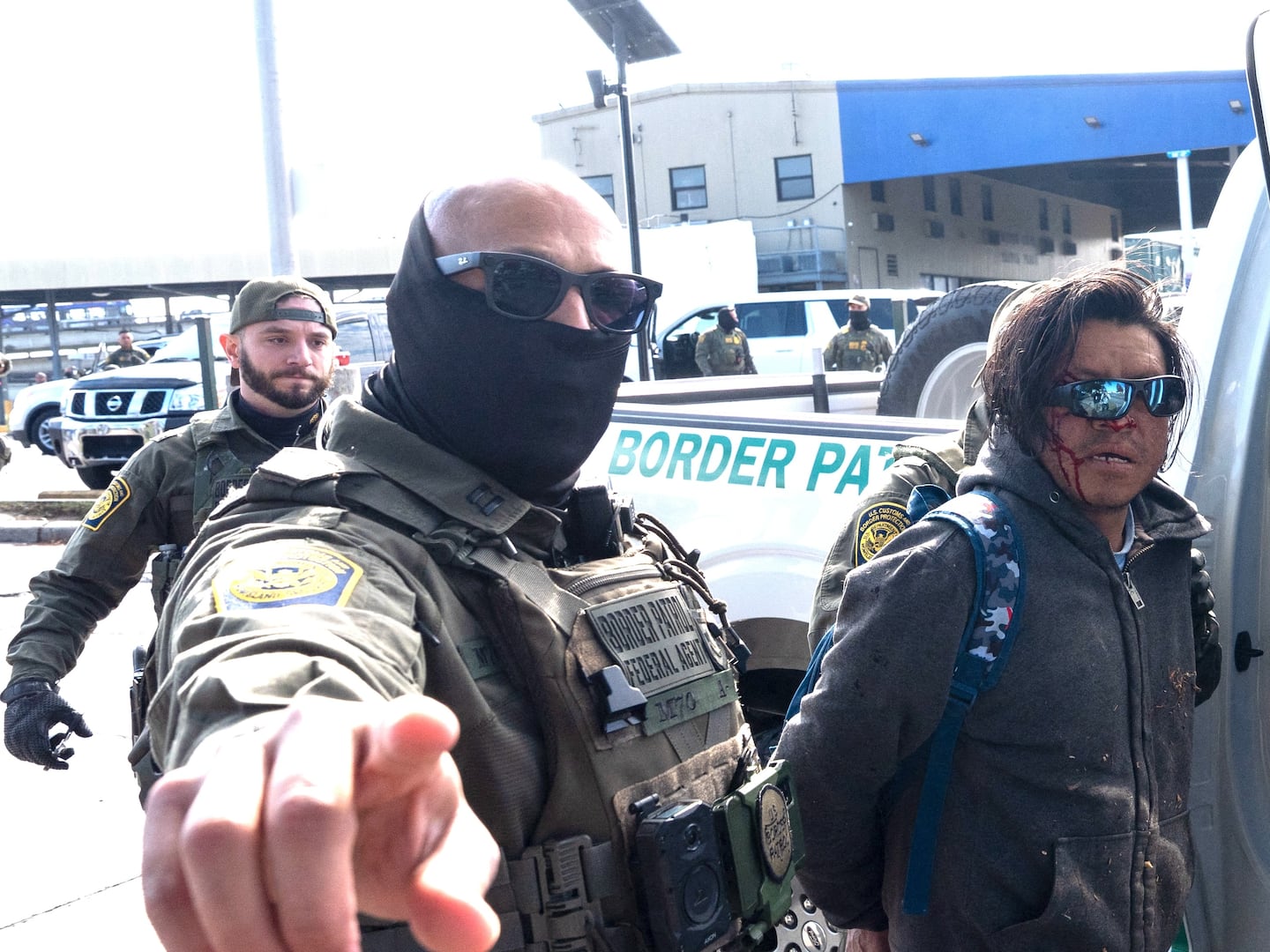
Last month I was out shopping with my mother in Phoenix, when a man came up to her and yelled, “Your husband needs to be more conservative!” before storming off. Believe it or not, nothing like this has ever really happened to me before. Sure, there have been times when I’ve been at rallies or speeches and people have made rude comments—that comes with the territory when you are in a public family—but this particular incident felt really shocking and disappointing. It was a direct slap in the face—a sign of how high the level of rancor has gotten that this man felt compelled to yell at my mother and me at the mall.
Lately I’ve felt that the anger in politics is spilling over from the expected places—protests, partisan websites, talk radio—into everyday lives. The lines of social acceptability and just plain courteous behavior are becoming harder to define when it comes to politics, and for the first time in a long time I am truly concerned about where this fear and frustration in politics is taking us.
For the first time in my life, I find myself disillusioned with the political process—something I always swore would never happen to me.
Granted, I saw plenty of partisan anger during the 2008 campaign, but that was a presidential election, with a lot at stake for the future of our nation. The thing I didn’t expect was that the high level of emotion would continue to rise—I expected it die down.
From time to time, I speak at colleges and one of my core speeches is about the politics of fear. Last week I tweeted about a talk I gave at Washington and Lee University. I said that “I believed America’s best days are ahead of us” and that I believed we could bridge the divide in this country. Some of the responses I got were disappointing and sadly predictable. Many remarked that I sounded like an “Obamabot” or “like Obama in the last election.” Apparently wanting Republicans and Democrats to work together for the good of the country makes me a zombie follower of the president.
I understand a certain amount of partisan pettiness, but what I don’t understand is why both politicians and pundits are not more vested in the next generation, in my generation, and the cultural and political climate they are leaving behind. It’s almost as if to be taken seriously in politics, a certain level of anger and incivility is required. I am not saying I am not angry about many things that are going on in this country, but I do believe we can discuss our differences with respect.
And I don’t think I am the only one who feels this way. On this week’s Real Time with Bill Maher, Columbia University professor Alan Brinkley noted that “the capacity for compromise has disappeared” in politics. Sadly, extremism—on both sides—is the best way to be heard and the best way to win elections. Just this weekend, for instance, longtime Utah Senator Bob Bennett dropped his re-election bid after delegates at his state convention decided he was not “pure enough” despite a solid conservative voting record.
This extremist shift is happening all over the country, and I can’t help think about the toll it is taking on the next generation of voters. For the first time in my life, I find myself disillusioned with the political process—something I always swore would never happen to me. And I am not ashamed to admit that this small feeling of disillusionment is scaring me. Because if this is how I feel from all of the rancor, I can only imagine how disconnected the rest of my generation must feel. If politicians aren’t inspiring people when they are young, what hope is there that they will care when they are older?
As Elie Wiesel once famously said, “The opposite of love is not hate. It’s indifference.”
Meghan McCain is a columnist for The Daily Beast. Originally from Phoenix, she graduated from Columbia University in 2007. She is a New York Times bestselling children's author, previously wrote for Newsweek magazine, and created the website mccainblogette.com.






